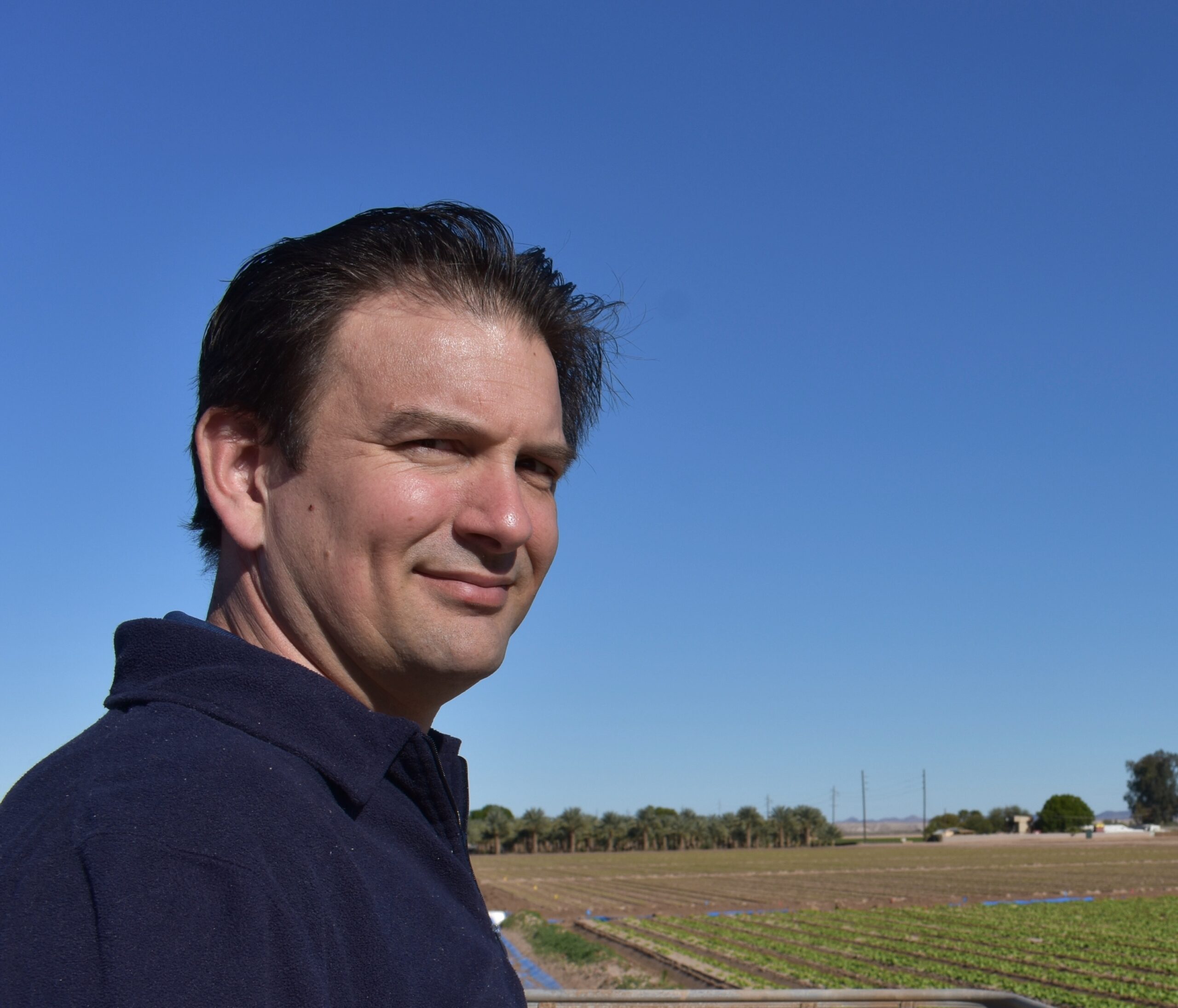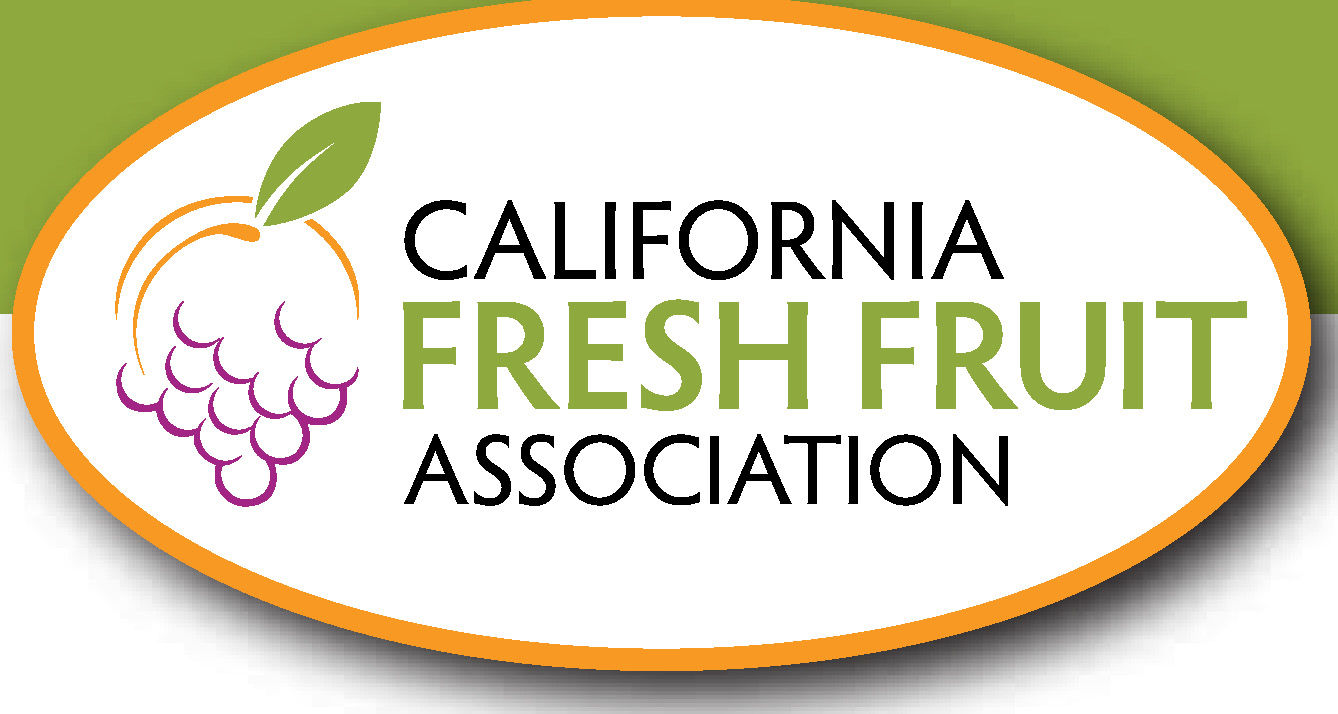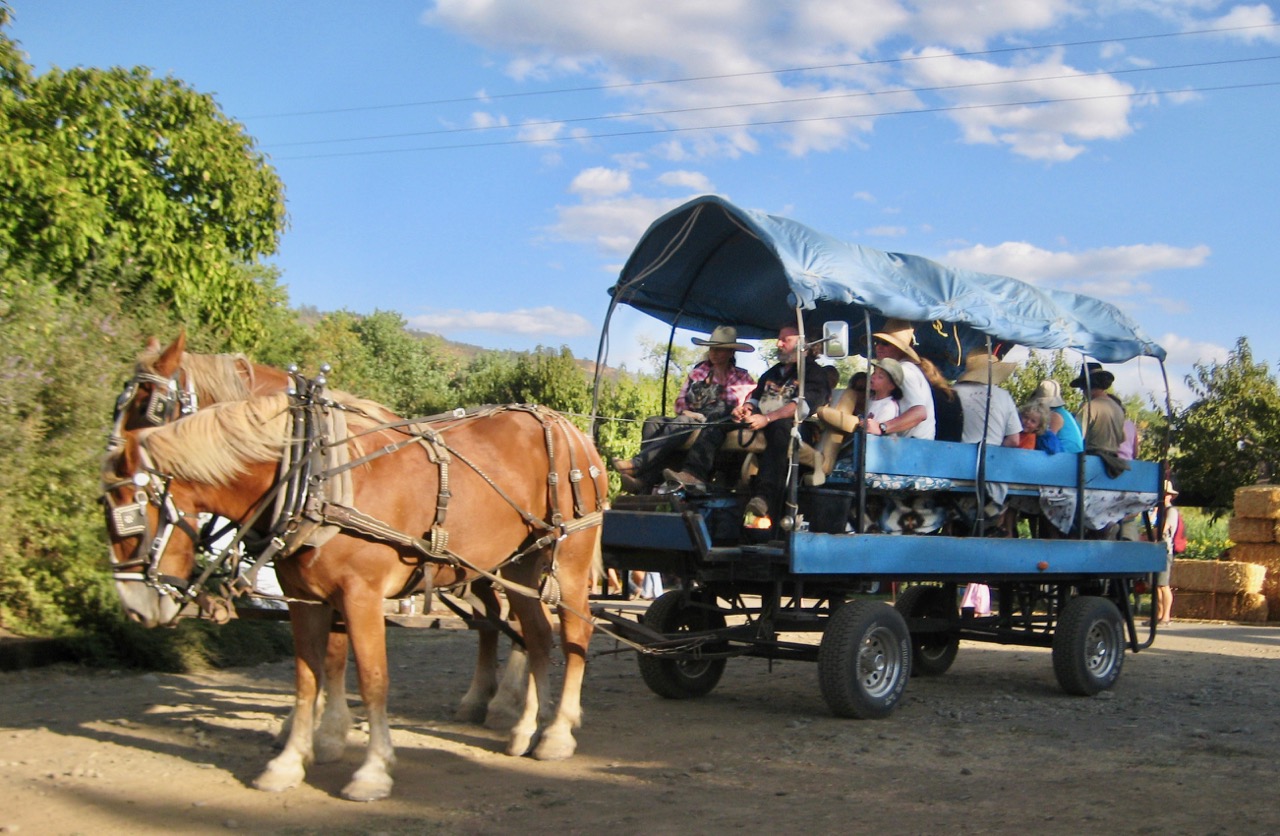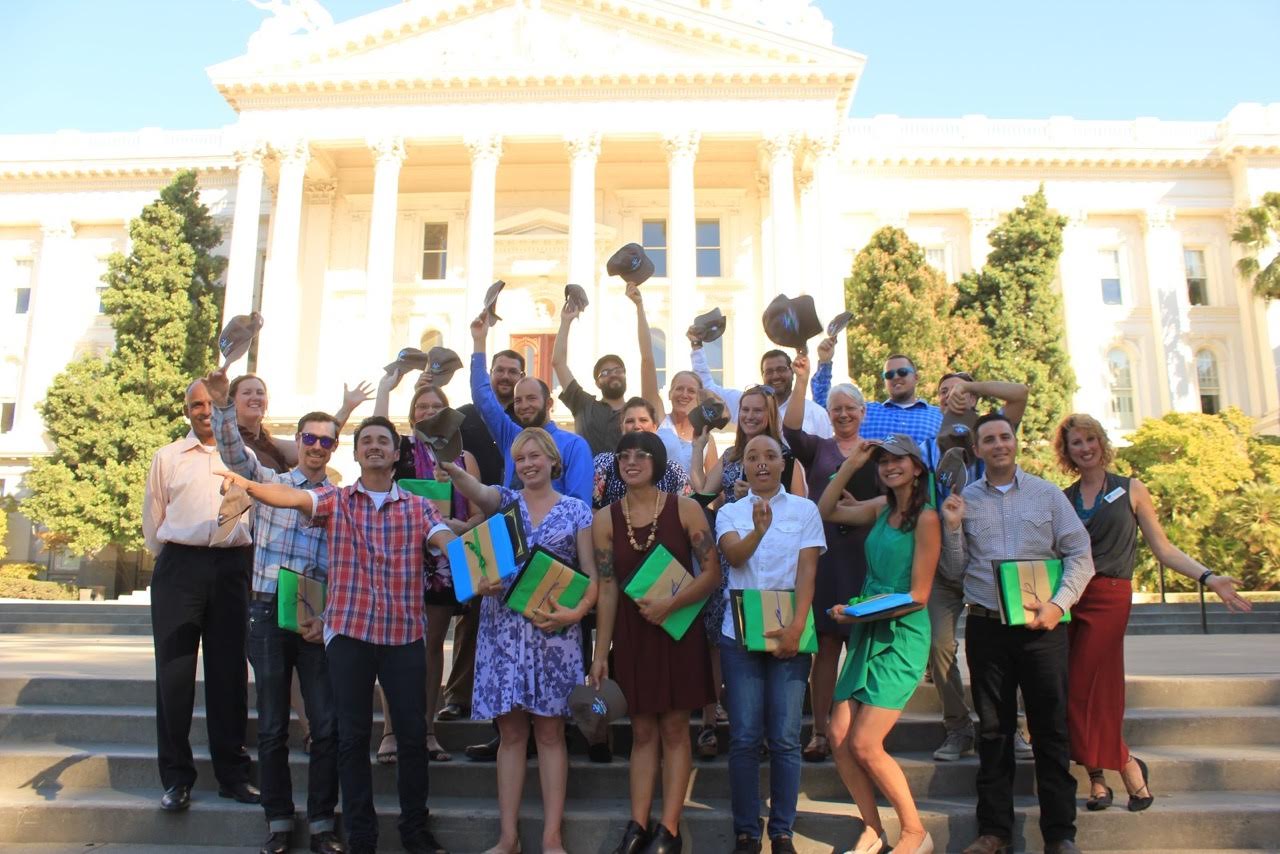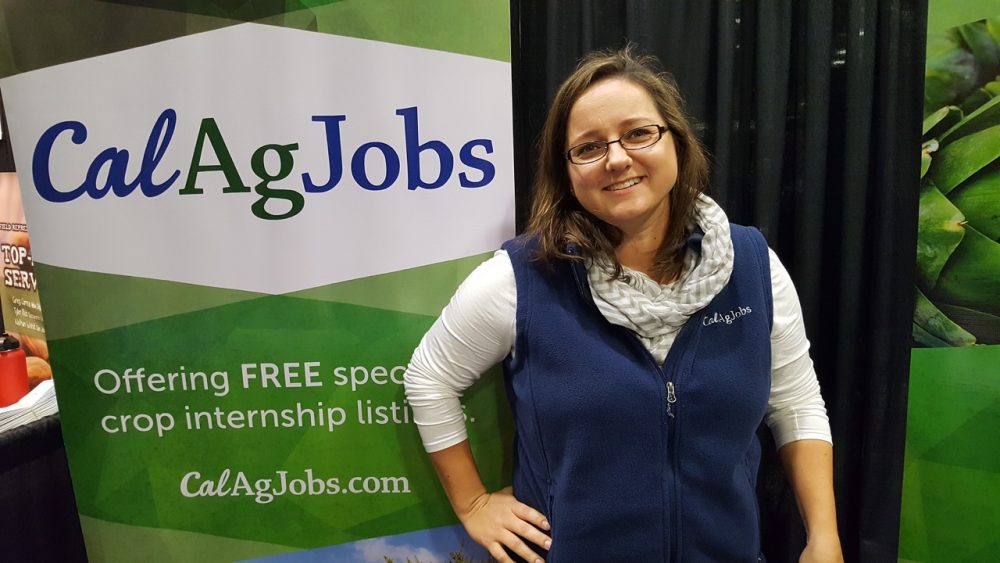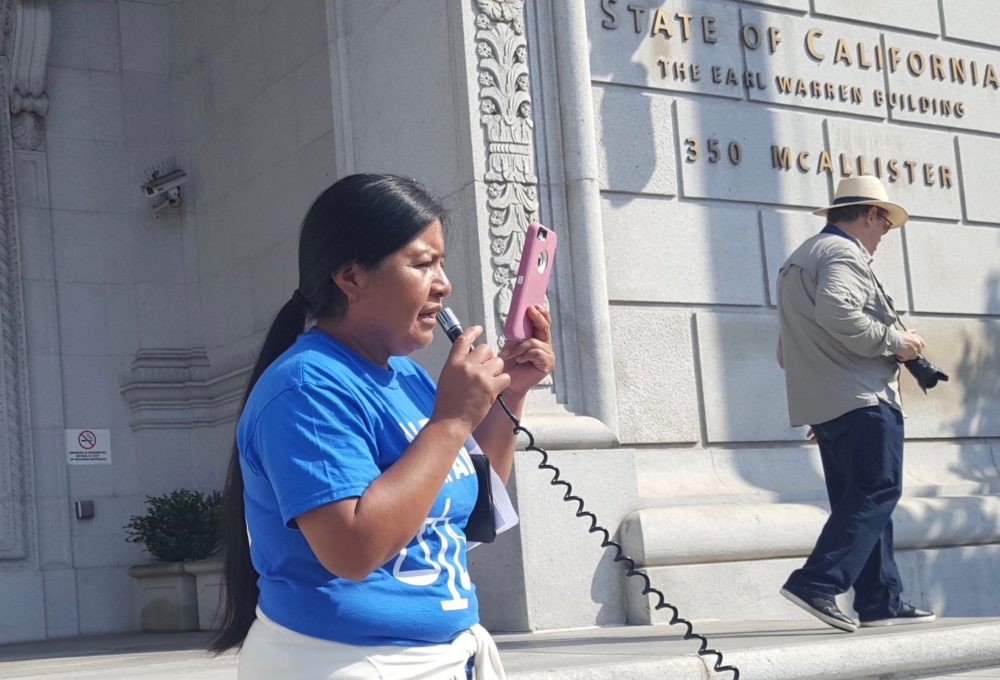Governor Brown Includes $12.5 Million In Budget for HLB Control
HLB Funds To Be Used by the Citrus Pest and Disease Prevention Program
News Release
Recognizing the importance of protecting California’s commercial citrus industry and backyard citrus trees, Governor Jerry Brown’s 2018-19 California state budget includes $12.5 million from the general fund dedicated to fighting an incurable citrus disease called Huanglongbing (HLB).
Signed last week, the funds will be used by the Citrus Pest & Disease Prevention Program (CPDPP), a program primarily funded by California citrus growers and administered by the California Department of Food and Agriculture. The CPDPP helps detect and eradicate Huanglongbing in residential areas, suppress Asian citrus psyllid populations, control the movement of the Asian citrus psyllid, enforce regulations, and fund outreach programs to homeowners, industry members and local governments.
While Governor Brown’s commitment to helping fight HLB is a step in the right direction, California citrus is at a crossroads. More than 685 cases of Huanglongbing have been detected in California, with more than 350 detections in 2018 alone, all in urban areas of Los Angeles, Orange and Riverside counties.
